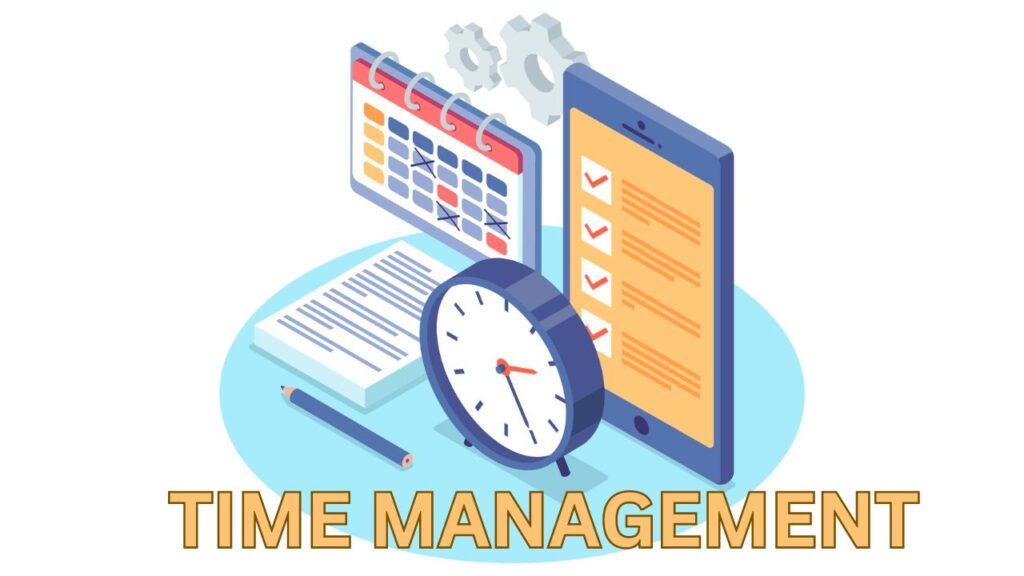Are you a professional, a leader of any form, a marketer, a manager or, do you engage in negotiation, interact with clients or involved in networking events? You’re welcome to this corner. Public speaking and effective communication are integral skills that can propel your personal and professional success. Whether you’re addressing a large audience, leading a team, or engaging in everyday conversations, the ability to articulate your thoughts clearly and engage your listeners is a valuable asset. In this article, we want to consider the importance of mastering public speaking and communication skills, take you through the key elements that contribute to effective communication, and provide actionable strategies to help you become a confident and skilled communicator.
Jump to Section:
ToggleThe Importance of Public Speaking and Communication Skills
Mastering public speaking and communication skills offers numerous benefits that extend beyond simply conveying information:
1. Professional Advancement
Strong communication skills are often a prerequisite for career advancement. Professionals who can express themselves clearly and persuasively tend to excel in leadership roles and collaborative environments.
2. Effective Leadership
Leaders with excellent communication skills can inspire and motivate their teams, foster collaboration, and guide their organizations toward success.
3. Influential Presence
Public speaking provides a platform to share your ideas, expertise, and insights. A confident and compelling speaker can influence opinions and inspire change.
4. Enhanced Personal Relationships
Effective communication forms the foundation of healthy relationships. Clear expression and active listening contribute to understanding and empathy in both personal and professional interactions.
5. Confidence Boost
Mastering public speaking builds your self-confidence. The ability to express yourself in front of others reduces anxiety and boosts your self-esteem.
Key Elements of Effective Communication
Before moving into strategies for mastering public speaking, let’s look at the key elements that contribute to effective communication:
1. Clarity
Your message should be clear and easy to understand. Avoid jargon or complex language that might confuse your audience.
2. Engagement
Captivate your audience’s attention with engaging content, relatable stories, and visual aids. Keep your audience interested and connected throughout your presentation.
3. Nonverbal Communication
Body language, facial expressions, and gestures are powerful tools for conveying emotions and emphasizing key points. Maintain eye contact, stand confidently, and use appropriate hand gestures.
4. Active Listening
Effective communication involves both speaking and listening. Actively listen to your audience’s responses and adjust your message accordingly.
5. Empathy
Understand your audience’s perspective and tailor your message to their needs, interests, and concerns. Empathy builds rapport and trust.
6. Structure
Organize your content in a logical structure, including an introduction, main points, and a conclusion. A well-structured presentation is easier for your audience to follow.
7. Vocal Variety
Use vocal tone, pitch, and pace to add interest and emphasis to your speech. A monotone delivery can be monotonous and less engaging.
8. Confidence
Confidence in your subject matter and delivery exudes credibility and engages your audience. Practice and preparation are key to building confidence. You may need to study more and work on yourself in Building Self-Confidence and Overcoming Self-Doubt.
9. Adaptability
Be ready to adapt your communication style to different audiences and contexts. Flexibility enhances your ability to connect with diverse groups.
Strategies for Mastering Public Speaking and Communication Skills
Now that we understand the importance and key elements of effective communication, below are the actionable strategies to help you master public speaking and communication skills:







